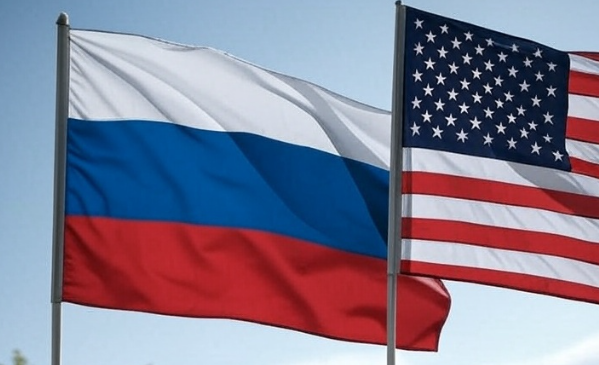Russia Slams President Trump:Russia slams US President Trump after US airstrikes on Iran’s nuclear sites. Medvedev issues a blistering statement highlighting failure of US operation, risks of nuclear proliferation, Israel’s retaliation, Iran’s political consolidation, and global opposition. Trump, once “peace president,” now faces global condemnation and War
Russia Slams President Trump: Medvedev’s Explosive Statement After US Strikes Iran
In a dramatic escalation of global tensions, Russian former President Dmitry Medvedev has unleashed a scathing critique against US President Donald Trump following America’s surprise nighttime strikes on Iran’s nuclear facilities. The strikes, which targeted three key Iranian nuclear sites, have triggered a geopolitical firestorm, drawing fierce condemnation from Moscow.
According to Medvedev, the American military operation failed to achieve any meaningful strategic objective. “What did the Americans achieve with their nighttime strikes on three nuclear sites in Iran?” Medvedev asked, before listing a brutal assessment of the fallout.
He stated that the critical infrastructure of Iran’s nuclear fuel cycle appears to have been undamaged or only slightly damaged. Despite the precision strikes, Iran’s nuclear capabilities remain largely intact. More worryingly, Medvedev openly acknowledged, the enrichment of nuclear materials — and frankly, the future production of nuclear weapons — will continue without interruption.
In a stunning revelation, Medvedev alleged that multiple countries are ready to directly supply Iran with nuclear warheads, significantly increasing the risk of nuclear proliferation in the Middle East. This statement has raised serious alarms across the global security establishment.
While Iran’s nuclear ambitions remain unscathed, the political and military consequences of the strikes have been profound. Israel, a staunch US ally, is now under direct attack. Explosions continue to rock Israeli cities, sending the population into a state of fear and panic. The retaliation by Iranian forces and their allies is unfolding rapidly, plunging the region into deeper chaos.
Meanwhile, the United States finds itself embroiled in yet another costly and unpredictable conflict. The potential for a large-scale ground operation looms on the horizon, as tensions between Washington and Tehran reach unprecedented levels. Rather than weakening Iran’s regime, Medvedev observed that the Iranian political system has endured and may have grown even stronger.
Perhaps most strikingly, the attacks have had the unintended consequence of uniting the Iranian people around their spiritual leadership, even drawing support from those who were previously indifferent or opposed to the ruling establishment. This national rallying effect could fortify Tehran’s internal stability in the face of foreign aggression.
Medvedev didn’t hold back in his criticism of Donald Trump’s foreign policy legacy. Once hailed as a peace president during his earlier political career, Trump has now dragged the United States into a fresh war that threatens to spiral out of control. Medvedev noted bitterly that the vast majority of the world’s nations oppose the actions taken by Israel and the United States, further isolating Washington on the global stage.
In a sharp jab aimed directly at Trump’s personal ambitions, Medvedev sarcastically remarked, “At this rate, Trump could forget about the Nobel Peace Prize — even with all the manipulation that went into it. What a start, Mr. President. Congratulations!” His cutting words reflect Russia’s growing frustration with what it views as reckless American militarism.
In addition to Medvedev’s sharp criticism, the Russian Foreign Ministry also issued a strong official statement:
“We strongly condemn the US strikes on Iran. The decision was irresponsible, and targeting the territory of a sovereign state constitutes a flagrant violation of international law.”
This formal condemnation highlights Moscow’s official stance and further escalates diplomatic tensions between Russia and the United States.
In the wake of the strikes, Iran has quickly moved to solidify its alliance with Moscow. Iranian Foreign Minister Abbas Araqchi announced that he will meet with Russian President Vladimir Putin in Moscow, underscoring the deepening strategic ties between Tehran and Moscow. “Russia is a friend of ours, and we cooperate and consult with him constantly,” Araqchi declared, signaling a possible coordinated response to American actions.
The international community watches with bated breath as these developments unfold. With accusations of nuclear proliferation, retaliatory strikes against Israel, and the specter of an expanded ground war, President Trump’s decision to target Iran’s nuclear facilities has ignited a crisis that threatens to engulf the entire region — and possibly the world — in a new era of conflict.

